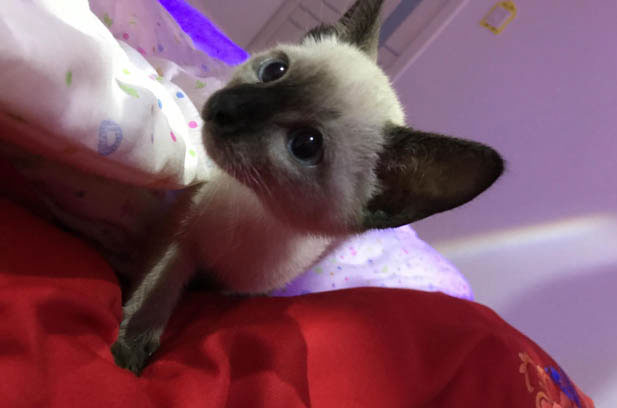When it comes to bringing a feline friend into your life, the price tag is merely the tip of the iceberg. True value lies in a multitude of factors that determine whether an adoption is both ethical and rewarding. Navigating the world of cat adoption requires a discerning eye, as the well-being of the cat and the sustainability of the adoption process hinge on details far beyond cost.
Peeling Back the Layers: What Really Matters
While a low price might seem appealing, it can sometimes mask underlying issues. Here are the key elements that should take precedence over cost when evaluating a potential adoption:
Breeding Practices: One of the most critical red flags is the frequency of breeding. Breeders who produce three litters a year are often more concerned with profit than the health and welfare of the cats. Female cats need ample time to recover between pregnancies to maintain their health. Overbreeding can lead to a host of problems, from physical ailments to behavioral issues in the kittens.

Living Conditions: Cages should raise immediate concerns. A healthy, happy cat thrives in an environment where it can roam, play, and socialize freely. Cage-bound cats are more likely to develop stress-related conditions, and their lack of interaction can result in fearful or aggressive behavior. Observing the living space is crucial—clean, spacious areas with plenty of toys and comfortable resting spots indicate a responsible caregiver.
Hygiene Standards: The cleanliness of the breeding or living environment is non-negotiable. Unsanitary conditions are a breeding ground for parasites like ear mites and fungal infections such as ringworm. These seemingly minor issues can turn into long, arduous battles to treat, causing distress for both the cat and the owner. A clean space not only ensures the immediate health of the kittens but also signals the caregiver’s commitment to their well-being.
Nutritional Care: The diet of the mother cat plays a pivotal role in the health of the kittens. A well-nourished mother produces stronger, healthier offspring. High-quality food is an investment, and if a breeder or owner is skimping on nutrition, it’s a clear sign of negligence. On the flip side, breeders who prioritize premium food often charge more, but the cost reflects the quality of care the kittens have received.
The Art of the “Thrift Adoption”: Finding Gems on Second-Hand Platforms
Online marketplaces like second-hand platforms can be a treasure trove for potential cat owners. Many rehoming situations arise from genuine, unforeseen circumstances, such as a change in living arrangements or health issues. These cats are often well-loved and come at a reasonable price. However, due diligence is still essential.
When browsing for a cat online, look for detailed descriptions, recent photos, and, if possible, videos of the cat in its current environment. Engage in thorough conversations with the seller, asking about the cat’s history, health records, and any behavioral quirks. Meeting the cat in person and, if feasible, the previous owner can provide invaluable insights into the cat’s personality and the quality of care it has received.
The Spectrum of Value: Understanding Price Variations
Certain factors naturally influence a cat’s price. Unique color points, like the striking red points or the rare purple eyes in Siamese cats, command higher prices due to their scarcity. Similarly, the cost of raising a cat, from food and veterinary care to toys and bedding, contributes to the final price tag. A cat that has been fed high-end food, received regular vet check-ups, and been provided with enriching experiences will likely be priced higher, but the investment often pays off in the form of a healthier, happier pet.
In conclusion, adopting a cat is a decision that should be guided by a holistic evaluation of the circumstances rather than a single factor like price. By prioritizing the cat’s well-being, ethical breeding practices, and the quality of care it has received, potential owners can ensure that they not only bring home a beloved companion but also support responsible pet ownership. Whether you’re splurging on a rare breed or finding a hidden gem through a rehoming ad, the most valuable cats are those that find their way into loving, informed homes.
Leave a Reply